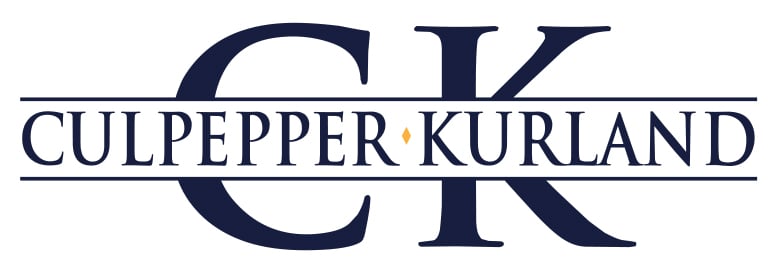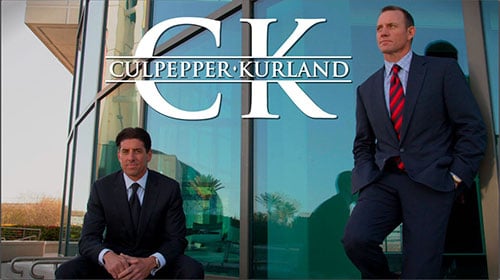If you are hurt while on property owned by another person or entity, you may be entitled to compensation for damages incurred. In a Florida premises liability case, the word premises simply means the home, store or other space owned by the defendant. For instance, if you slipped while walking inside a grocery store, you would likely have a case against the store owner. The same would likely be true if you slipped while walking through the store’s parking lot.
The duty of care
Premises liability cases revolve around the theory that property owners have a duty of care toward their guests. In other words, they must take reasonable steps to ensure that their properties are free from hazards such as wet floors, insufficient lighting or cracks in the sidewalk. You should know that you also have a duty of care to watch out for hazards and avoid them if possible.
Identifying the defendant in your case
Typically, the person who owns that property where you were hurt is responsible for ensuring your safety. However, if the owner cedes control of the property, the person who is using it when you are hurt may be a defendant in your premises liability case. For example, a tenant who leases a home may be liable for your injuries incurred after slipping on an icy driveway.
Accidents on public property
It’s possible that a public sidewalk will be located near a private business. In such a scenario, you may need to take action against the government as opposed to the private entity. Understanding this is important because you may have less time to take action against a government agency compared to a private company.
If you are hurt while shopping, dining or visiting a friend’s home, you may have grounds for a lawsuit. Florida law typically gives you four years from the date of an accident to file one. However, you can still pursue a settlement, which may take anywhere from a few weeks to a few years to obtain.


